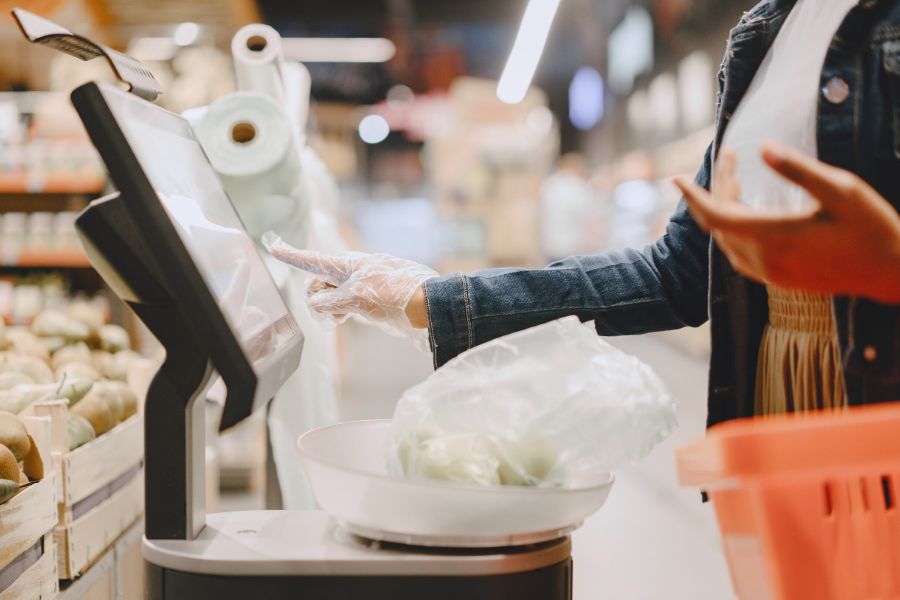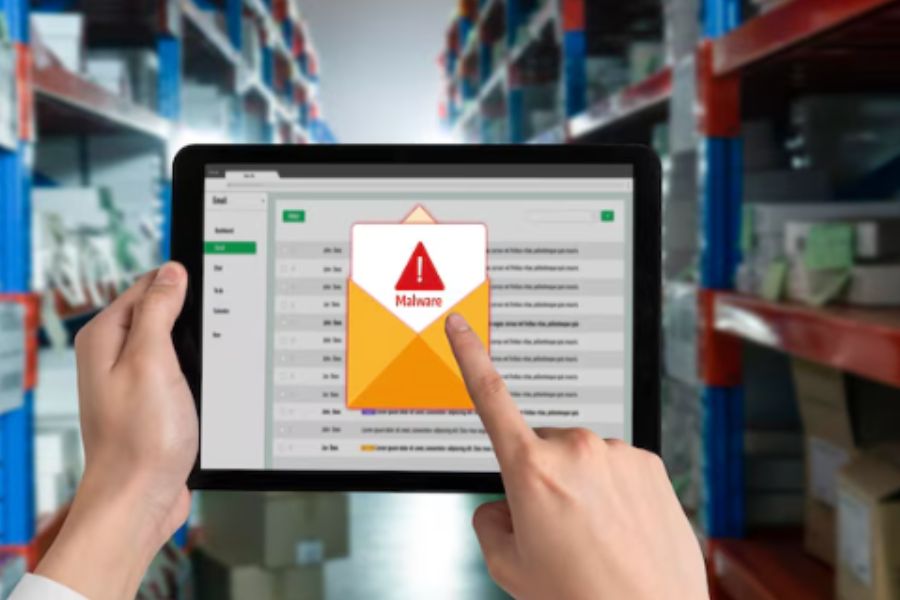In the 19th century, an American grocer pioneered a new concept in the shopping world – self-service. It allowed customers for the first time to select their own items by placing them in shopping baskets instead of needing assistance from full-time clerks. This model of shopping quickly grows into an international standard. Much in the same way, self-checkout is now becoming a familiar sight worldwide.
The trend towards automation has been growing rapidly, which is adopted by many retail businesses. With the promise of reducing labor costs and increased efficiency, self-checkout is said to be the new future of shopping.
Pros and Cons
Pros
The advantages of self-checkout for businesses are multifaceted. First of all, labor costs can be significantly reduced. Instead of recruiting numerous human serviced cashier stations, now one manager can oversee several or all the self-checkout kiosks. Self-checkout stations can also improve customer experience while shopping at your store. They can be placed throughout a store to offer quick and convenient checkout whenever customers don’t feel like shopping anymore.
For customers, this trend obviously results in shorter waiting times. The convenience of a quick checkout process with less human interaction is definitely ideal during this pandemic to further enforce social distancing. Here are several other pros of self-checkout:
- 24/7 opening hours
- Seamless overall shopping experience
- Frictionless sales process
- Always enough cashiers
- Fewer employees to serve more customers
Cons
Even though it has multiple benefits, there are also drawbacks when using self-checkout. In recent years, the rate of shoplifting has increased as a result of self-checkout stations. Theft takes 4% of inventory in self-checkout, which is more than double compared to the traditional method (1.5%).
According to a study conducted by the Telegraph in 2014, data gathered suggests that self-service leads to the stealing of more than £1.6 billion worth of goods from supermarkets, which is approximately $1.97 billion USD. Not only does harm to businesses, but this act could also result in higher prices on items for everyone else.
Also, customers will most likely use their cards (credit/debit cards) at the self-checkout kiosks rather than cash, which could lead to fraud. They would hack the system to get the card information of your customers to place orders, then collect the items to keep or sell. However, this is just the worst-case scenario that would not happen regularly but business owners still need to keep this in mind.
Additionally, for non-tech-savvy customers, the dehumanization of the shopping experience can be a turnoff, which will prevent them from visiting your store. Self-checkout would be a challenge, especially for elders shoppers who are not very fond of technology.
Last but not least, with technology, any issues can crop up at any time. If a store only has the checkout-free option, the entire said the store is subject to not working until the problem is taken care of, which is a scenario no one wants.
Self-checkout Growth
Over the past few years, the market has witnessed the increasing deployment of the traditional checkout system in various industrial domains such as retail, entertainment, healthcare, financial services, and others to replace with self-checkout. Meanwhile, the consumer market is following the trend of automation and do-it-yourself, where customers are more interested in interacting with machines than with people. This is because the machines are faster, stronger, available 24/7, and they eliminate the waiting time.
Additionally, the technological advancements in recent years have entitled businesses to install the self-checkout system at an affordable price. In the U.S, many big names in the retail industry are helping boost this trend, including Walmart, Wegmans, or Costco. As a result, the market value for self-checkout reached $2.8 billion globally in 2019.
Despite its disadvantages, we cannot say no to self-checkout as this is the easy and simple way to ensure social distancing while providing shoppers with an excellent shopping experience during COVID-19.
Self-checkout As The Future Of Retail
Despite the higher possibility of thefts, self-checkout is a go-to option for businesses worldwide. The first reason is that it significantly reduces the cost to hire cashiers and clerks. Instead of having 10 cashiers in-store, business owners can now recruit one manager to oversee the 10 self-checkout kiosks. With fewer people, this would make staff management much easier and do a favor to your financial report as there are not that many people to calculate tax and salary for.
As everything is recorded on the system, self-checkout would also put inventory management at ease. Entrepreneurs should invest in a proper system that has real-time synchronization with your storage to record the in and out of products and notify you whenever new products are coming in or old items are running out.
Furthermore, with the new strains of COVID-19 appearing all over the world, first in England and now in South Africa, it is suggested that the vaccines that are developed by several nations at the moment won’t work on these new breeds. The day we can come back to our normal life without social distancing, masks, and hand gloves are still far away. Therefore, self-checkout is the best option in this situation to ensure people can get food while implementing social distancing.
Wrapping Up
Through this article, we have demonstrated the reasons why self-checkout is the new future of shopping. If possible, retailers should invest extra money in their self-checkout system to keep up with this trend. Please feel free to contact us if you have any further questions!



